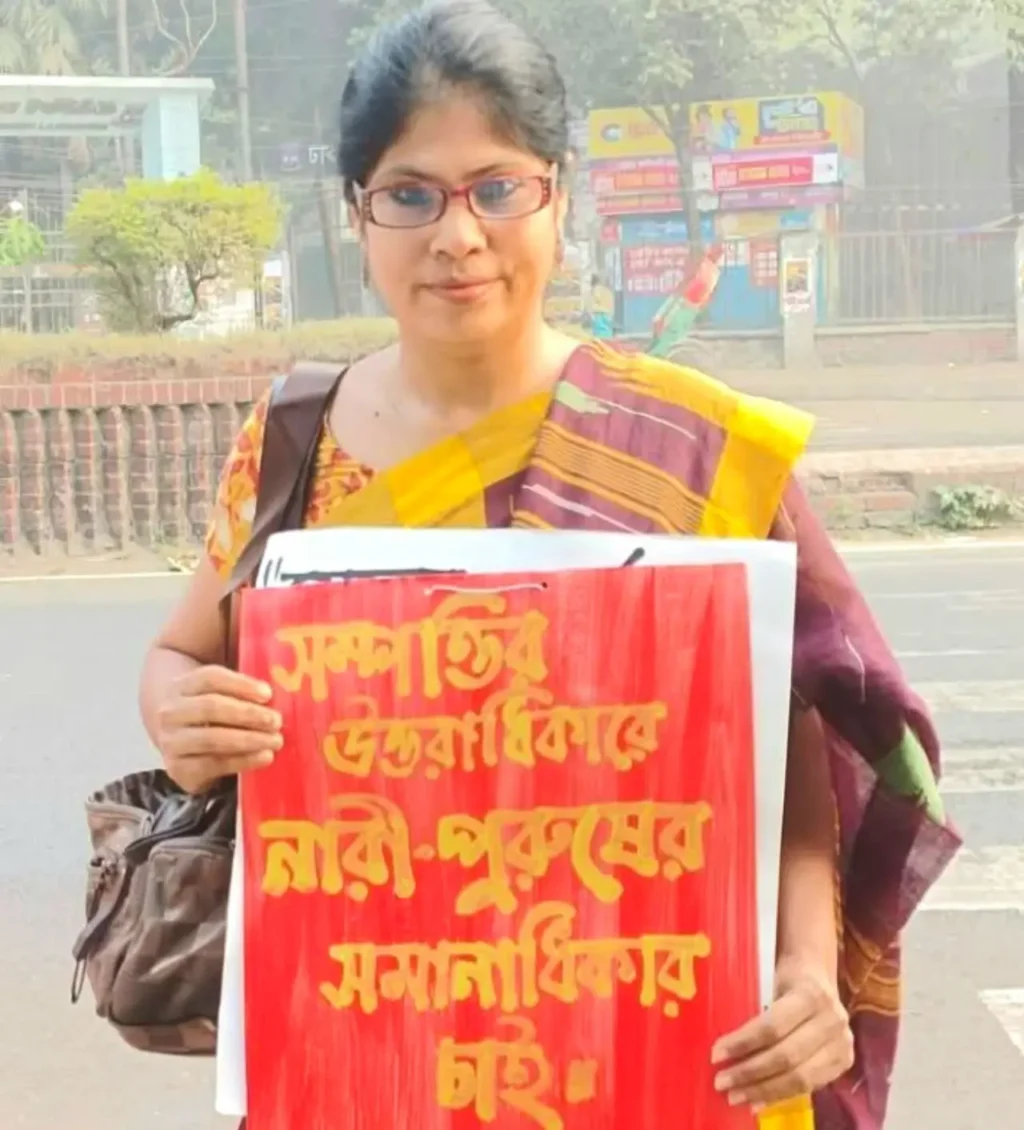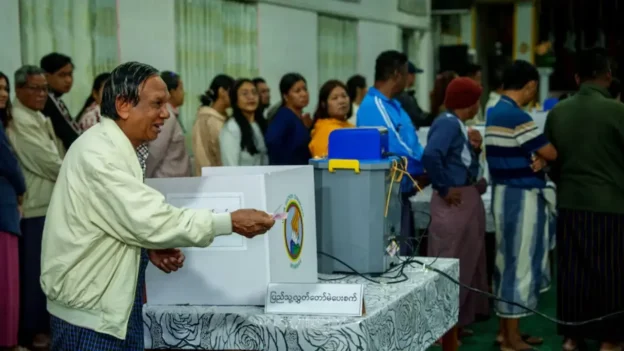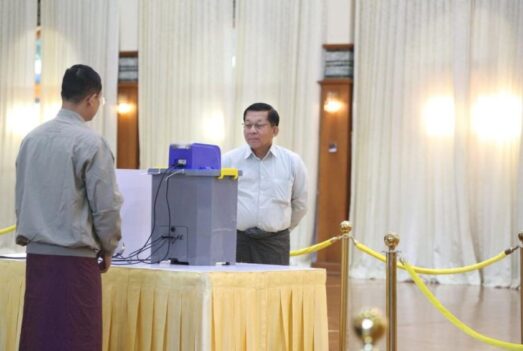In a brazen concession to religious extremism, the Interim Government of Bangladesh has effectively penalized a respected academic for her intellectual convictions and principled defiance of patriarchal orthodoxy.
Nadira Yasmin, formerly Assistant Professor at Narsingdi Government College and an unflinching voice for gender parity, has been unceremoniously transferred to Satkhira Government College under Officers on Special Duty (OSD) orders—an administrative maneuver widely denounced as punitive and politically motivated.
This repressive measure followed a vitriolic ultimatum issued by Hefazat-e-Islam on May 25, 2025, which demanded Yasmin’s removal within 48 hours, accusing her of “defiling the Quran,” “demeaning Islam,” and disseminating “blasphemous” rhetoric.
The government’s swift acquiescence to these incendiary allegations—none of which have been legally scrutinized—has laid bare its capitulation to populist clerical demagoguery and its tenuous commitment to fundamental freedoms.
Yasmin, a formidable scholar and editor of the women’s rights publication Hissa (Rights), has long endured menacing threats—both corporeal and virtual—for articulating the need to overhaul gender-discriminatory inheritance laws.
Her position is intellectually defensible, legally sound, and ethically compelling.
Yet, instead of shielding her from orchestrated persecution, the state has ejected her from academic post, choosing appeasement over principle.
“The transfer order is a coercive maneuver disguised as bureaucracy,” Yasmin declared.
“I have been dispatched to Satkhira—a district notoriously infiltrated by Jamaat-Shibir operatives—not to fill a vacancy, but to be sequestered and silenced. This is not an administrative decision; it is a brazen act of political intimidation.”
Her detractors allege that Hissa portrayed Islamic inheritance provisions as “archaic” and “inequitable,” while criticizing the continued relevance of 1,500-year-old laws in a modern, pluralistic society.
The magazine also reportedly questioned the sanctity of gendered marital expectations and challenged the clerical monopoly over women’s bodily autonomy.
These are not criminal acts; they are philosophical inquiries—well within the parameters of constitutional free expression, said a senior Professor of Chittagong University seeking anonymity.
Instead of confronting these ideas through dialectical engagement, religious hardliners have resorted to threats, distortions, and mob agitation—tactics that the state has not only tolerated but legitimized through its actions.
By enabling such ideological coercion, the government has created a perilous precedent: that public discourse in Bangladesh is not governed by law, reason, or evidence, but by the loudest and most intolerant faction.
What is particularly insidious is that Yasmin’s beliefs align with the official recommendations of the Women’s Rights Reform Commission.
Her detractors, in their sanctimonious fervor, have conflated her with an entire reform movement, launching a vituperative campaign against her Nari Angon initiative and labeling it a “hub of anti-Islamic propaganda.”
Yet Yasmin remains unrepentant. “We operate with respect for religion, society, and temporality,” she said.
“What occurred was not a conflict of ideologies but a catastrophic breakdown in dialogue. Those orchestrating this campaign never sought clarity—they sought condemnation.”
“The interim government has abdicated its constitutional mandate to safeguard the liberties of its citizens. It has forfeited its moral legitimacy to zealots and demagogues. In doing so, it has broadcast a chilling decree to every educator, intellectual, reformist, and dissenter: that any deviation from prescribed orthodoxy shall be met not with dialogue, but with vilification, suppression, and punitive transfer,” said another senior academic from Dhaka, requesting anonymity out of fear of reprisal.
Source : The Chittagong Hill Tracts







